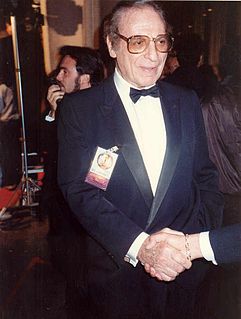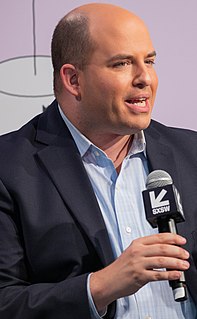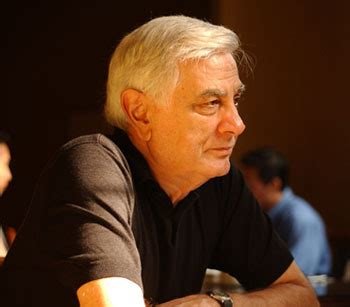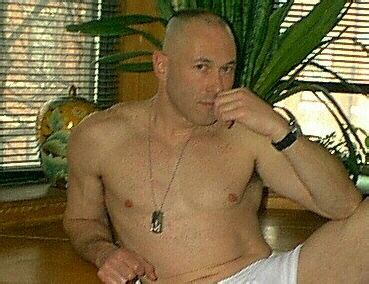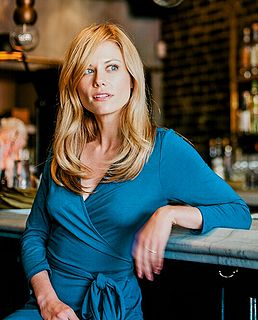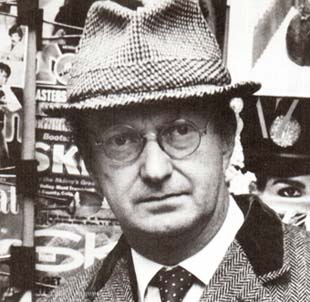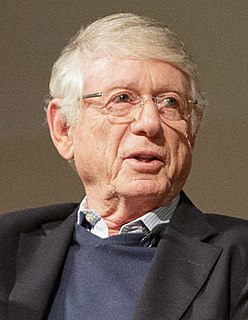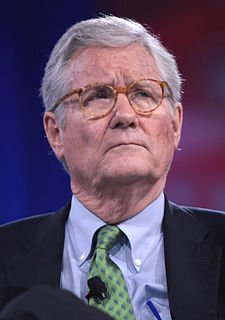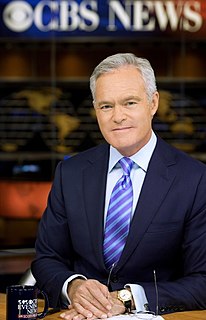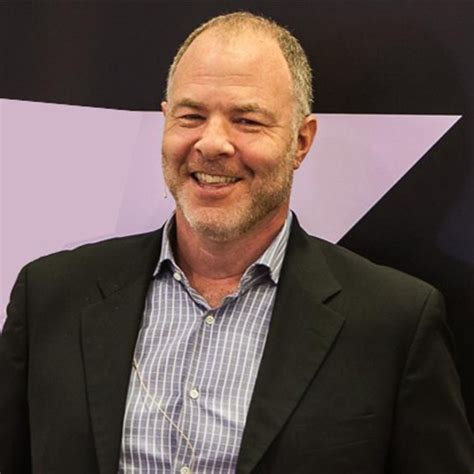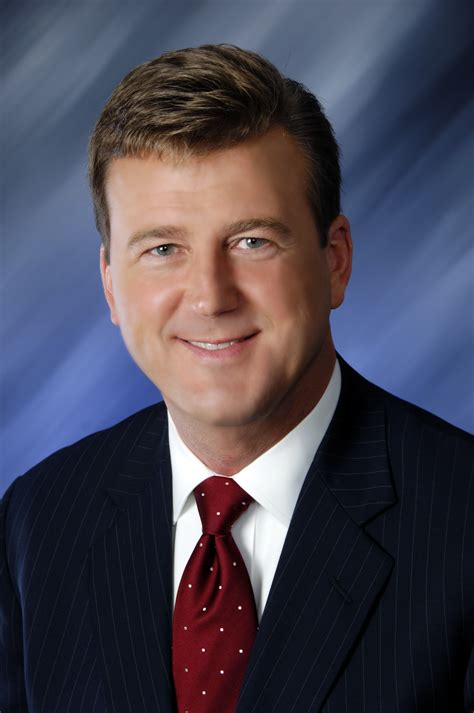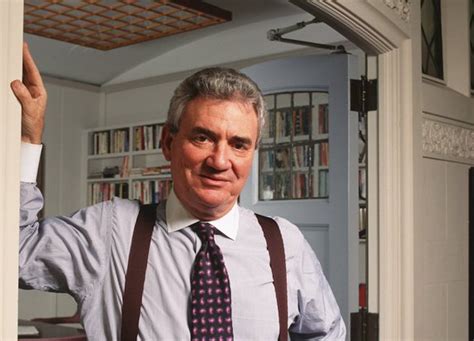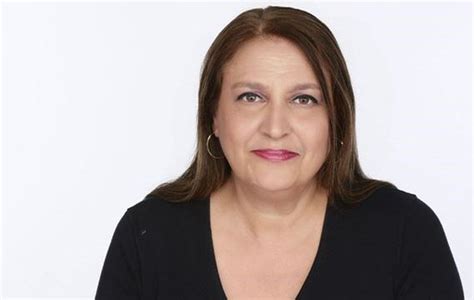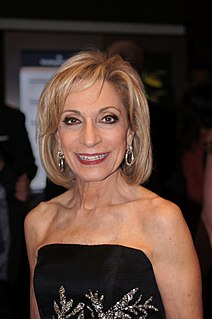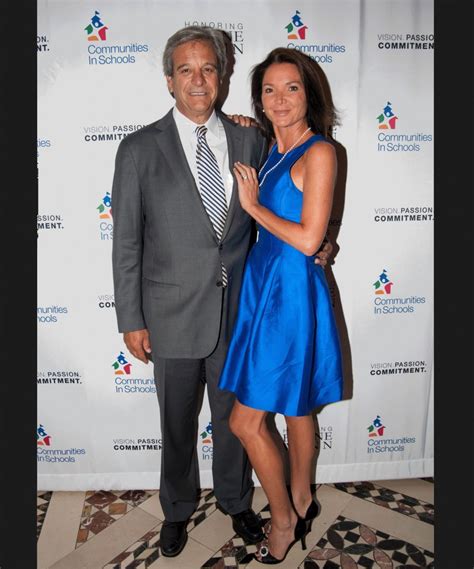Top 1200 Investigative Journalism Quotes & Sayings - Page 15
Explore popular Investigative Journalism quotes.
Last updated on December 19, 2024.
Like a versatile baller, George Dohrmann swings seamlessly from position to position: investigative journalist, social critic, gifted storyteller. The result is a gem of a book that addresses THE question central to contemporary basketball: how does such an unseemly culture spring from such an essentially beautiful game? You'll come away rooting harder than ever for the kids and harder than ever against the basketball profiteers.







